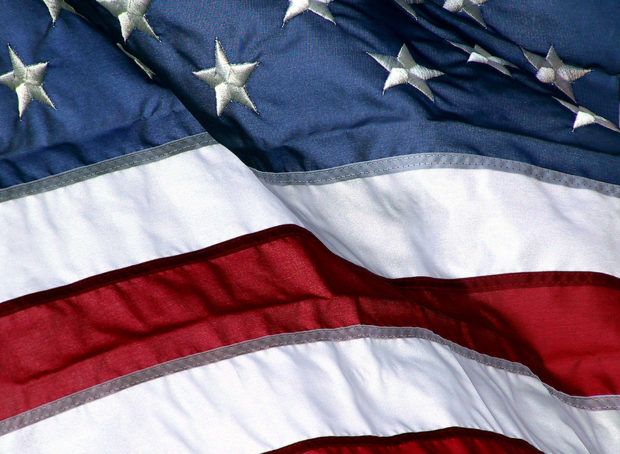U.S. traffic fatalities over the Independence Day weekend will probably climb this year to the most since 2008 as an improved economy and lower gas prices encourage more people to get behind the wheel, a safety group said.
There will be 466 deaths from Friday evening through Monday, according to a projection from the National Safety Council. That’s an average of about 143 per 24 hours, compared with 107 in 2014 and an estimated 126 last year.
Car accidents have been climbing recently, reversing a years-long trend that had been credited to improved technology in cars and increased awareness of the risks of drunk driving. Another reason for the decline was that the economic slump that started in 2008 discouraged many people from traveling.
“The recession actually masked an ongoing safety issue in the United States,” Ken Kolosh, the manager of statistics at NSC, said in an interview. “Motor vehicle safety continues to be a major issue that faces all of us.”
Total miles driven in the U.S. has increased year-over-year for 26 straight months, according to data from the Federal Highway Administration. The U.S. unemployment rate fell to 4.7 percent in May, down from 6.7 percent in February 2014, the last month when driving declined.
On average, July 4 was the deadliest day on the road from 2010 through 2014, followed by Jan. 1, according to the Insurance Institute for Highway Safety. In Florida, Independence Day fatalities increased last year to 15 from 3, according to Sgt. Kim Montes, a spokeswoman for the state’s highway patrol.
“We know that this will be a weekend where alcohol is consumed,” she said in an email. “With so many options out there for alternative transportation, there is zero excuses for anyone who gets behind the wheel impaired.”
The National Safety Council is a non-profit organization focused on reducing risks in the workplace, on the roads and in homes.





















 AI Got Beat by Traditional Models in Forecasting NYC’s Blizzard
AI Got Beat by Traditional Models in Forecasting NYC’s Blizzard  Reinsurance Program Could Wipe Out Need for Calif. FAIR Plan: Legal Exec
Reinsurance Program Could Wipe Out Need for Calif. FAIR Plan: Legal Exec  Teens’ First Year on the Road Most Deadly
Teens’ First Year on the Road Most Deadly  State Farm Inked $1.5B Underwriting Profit for 2025; HO Loss Persists
State Farm Inked $1.5B Underwriting Profit for 2025; HO Loss Persists 


